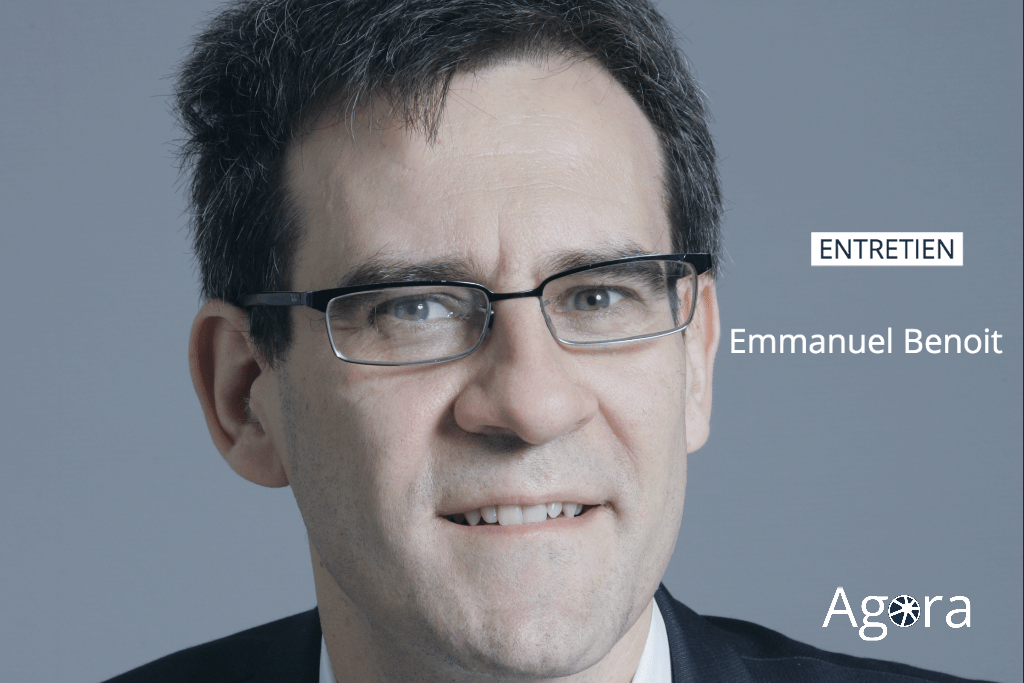Emmanuel Benoit gives us his analysis of the way out of the crisis for the repair sector. The CEO of AGORA, the company at the heart of after-sales service for household appliances, draws on his cutting-edge expertise combined with AGORA PLUS data to explain the challenges ahead for the profession.
How did you follow up on the crisis in the repair sector?
We used our AGORA PLUS platform which manages the after-sales service of 6,000 qualified repair companies in Europe. In almost real-time, we are able to follow the activity of the repair sector by department in France. Starting in March, repairs fall from 80% to 90% compared to last year. Almost all technical stations close. At the end of April, we notice a recovery with interventions on priority devices (cooking and washing). Today, the entire profession is back in business, however this recovery will not be enough to reverse the decline of activity of the lockdown.
You mention a significant repair activity, is this the challenge for the coming months?
The French used their household appliances more during confinement. In the event of a breakdown, the majority of consumers have waited until May. Today, we end up with a stock of devices to repair 2 to 3 times higher than normal. The peak of activity will be reduced by August or September. The sector is not prepared to handle such large variations, we must expect a demand shock. The repair can be compared to a perishable commodity with a limited lifespan, in case of too long a waiting time consumers will opt for the replacement. Unfortunately, this shortfall cannot be balanced, there are no economies of scale in repair.
How will the sector manage this exit from the crisis?
We are looking for solutions to a completely exceptional situation. There is no jurisprudence yet on extending the time it takes to repair equipment under warranty in the event of a pandemic. Ditto for out-of-warranty devices, the profession is trying to arbitrate. For several years, we have been raising awareness of the repair reflex, I hope that this episode will not call into question the commitment to more sustainable consumption within society. Repairability remains a major issue, particularly in this context of multifactorial crisis. We will also continue our learning mission. It takes between six months and a year to train a young technician in the field. After this crisis, it is obvious that recruitment becomes vital for our profession. At AGORA, we continue to monitor the situation in order to regularly publish analyzes for the entire profession, public authorities and prime contractors.

